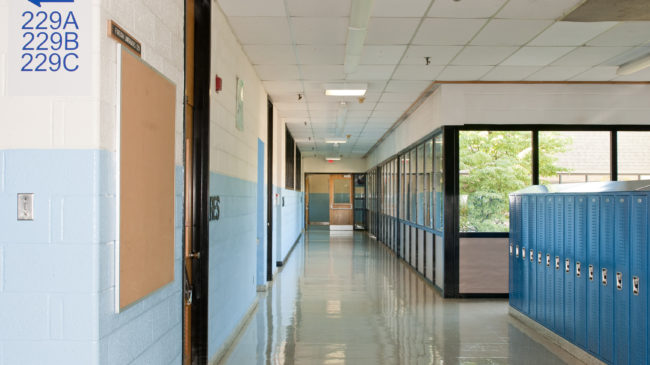Pennsylvania Gov. Tom Wolf recently ordered all schools in the state to close for the rest of the academic year.
Although the governor recently signed a law preventing charter schools from being compensated for educating any new students during the crisis, some cyber charter schools are still continuing to serve new students who need them.
Adjusting to a new school can be challenging, especially when switching from a brick-and-mortar school building to a virtual setting during an unexpected pandemic. However, this challenging time might also allow families to notice previously unrecognized benefits of home-based education. Anecdotally, some parents have reported on social media that their children are “relaxed,” “reading better,” and “so much happier.”
Home-based education could allow some children to avoid many school climate problems, including physical fights, harassment, and bullying, which could lead to less anxiety and more happiness.
My new study, published as a Reason Foundation working paper, suggests that these families might be onto something.
Using publicly-available data from the Pennsylvania Department of Education, I find that cyber charter schools report fewer school climate problems than government-run schools in the 2018-19 school year.
After controlling for several observable differences in students between sectors, cyber charter schools report fewer instances of 21 types of school climate problems than government-run schools. For example, cyber charter schools report fewer instances of bullying, fighting, and theft on a per-student basis than government-run schools serving similar students.
However, a virtual setting is not necessary for improvements in school safety. The results also suggest that brick-and-mortar charter schools are generally safer than government-run schools in Pennsylvania. Twenty-seven of the 30 statistically significant results show that brick-and-mortar charter schools report fewer school climate problems than government-run schools serving similar students in the state.
The charter school safety advantages are substantial. For example, the brick-and-mortar charter school effect sizes include a 69 percent reduction in physical fights, an 89 percent reduction in aggravated assaults on students, an 82 percent reduction in harassment, a 50 percent reduction in robberies, a 27 percent reduction in vandalism, and a 15 percent reduction in arrests relative to similar government-run schools in the state.
These results make sense. Families generally care about the safety of their own children more than anyone else. And families consistently report prioritizing safety when they have the option to choose schools for their kids.
However, Pennsylvania Gov. Tom Wolf recently proposed a ban on all new cyber charter schools in the state. He also proposed a reduction in charter school funding and to allow government-run school districts to cap enrollment at their charter school competitors.
These proposals would inadvertently increase the chances that students could experience dangerous incidents next year by limiting access to schools where they feel safe. Instead, Pennsylvania should prioritize expanding access to safer schools over protecting government-run schools from competition.
Working Paper —Are Charter Schools Safer Than District-Run Schools? Evidence from Pennsylvania

